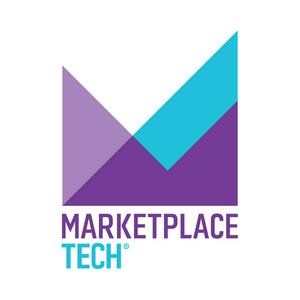As tech companies rush to build data centers to power their AI models, they're eating up power, money, and memory. Specifically, memory chips. The research firm IDC says demand from data centers has driven up prices for these chips and that we are dealing with an unprecedented memory chip shortage. That has knock-on effects for other devices that need these chips, including smartphones, PCs, and external hard drives.
Marketplace’s Stephanie Hughes spoke with Linda Tadic, a digital archivist and founder of Digital Bedrock, about how the memory shortage is affecting her work right now.


